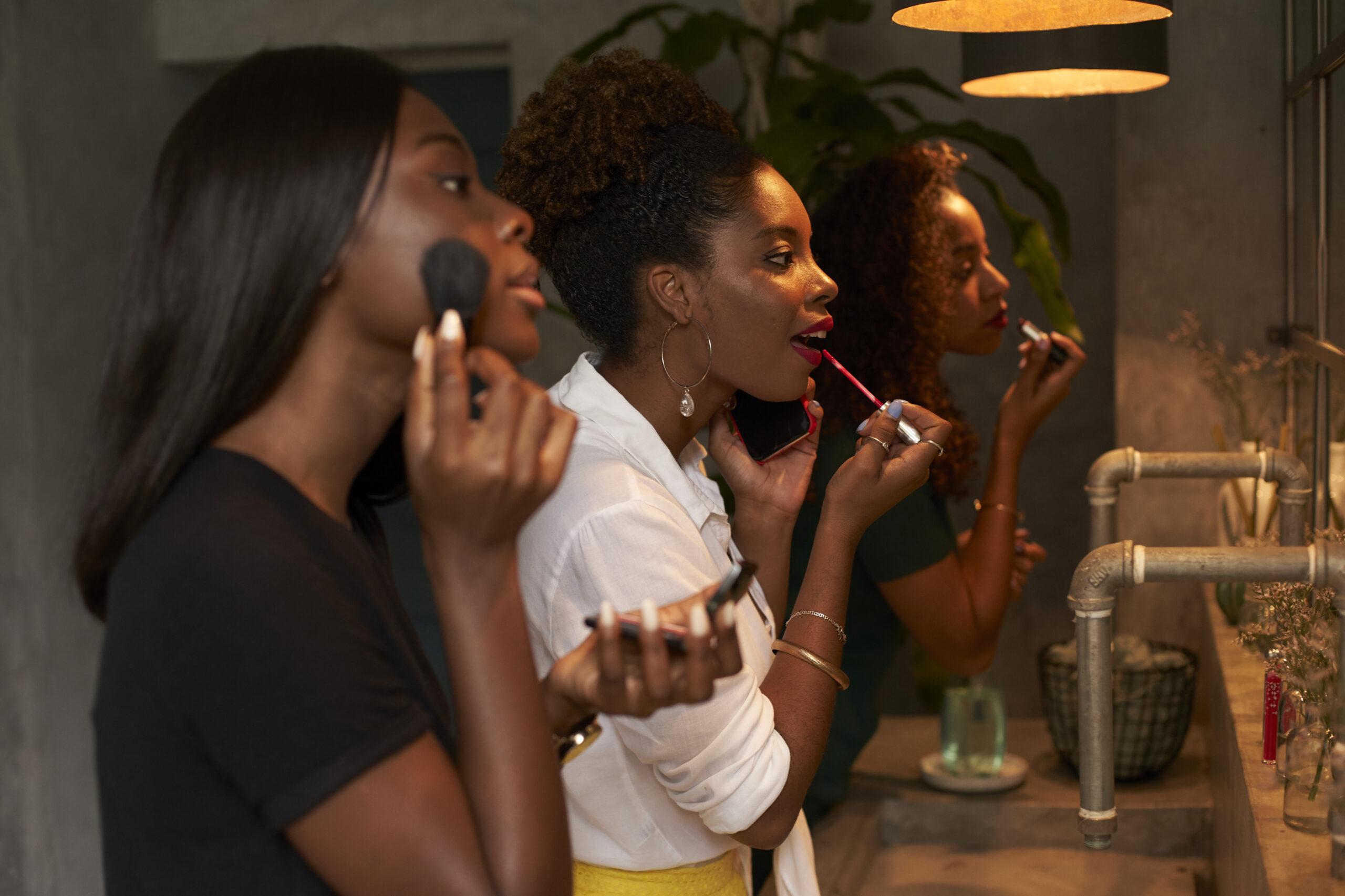
How to be more feminine? How to glow up? How to channel divine feminine energy? If you are a social media user, chances are you’ve come across posts and videos attempting to answer these questions for you. If there is nothing wrong with seeking to better oneself and achieve one’s highest potential, the line between useful and toxic self-care advice can quickly start to blur.
Online, femininity coaches give out advice on how to be attractive yet classy, and how to attract a “high-value man.” The emphasis is often put on dressing modestly, being soft spoken and focuses on reserved, exclusionary ideas of what it means to be more “lady-like.” The thing is, there are as many ways to be a woman than there are women. This movement stands in contrast to modern feminism by reinforcing gender roles. It also often ignores the experiences of LGBTQ+ women and non binary people.
Cat Campbell, a sex therapist and member of the British Association for Counselling and Psychotherapy, sees femininity coaching as pushback against today’s movement for gender equality. “I think what the coaches are capitalizing on is this sort of backlash against gender fluidity – people are looking for affirmation and are coming across these coaches,” she told Refinery29. Preconceived notions of femininity can be isolating as you’re trying to fit into a mold. “One of the really noticeable things that people bring into therapy is the feeling that women need to be the custodians of the emotional terms of their relationship,” added Campbell. “So women have to be the ones who are together, who don’t fly off the handle, who apologize, who make things better when they go wrong, who are caring and loving.”
On YouTube, femininity coaching videos often cater to Black women. Many attempt to teach how to be a highly feminine woman and drop “masculine behavior.” Throughout history, Black women have been dehumanized and criticized for being too masculine.
In 2014, the head of the Russian Tennis Federation, Shamil Tarpischev, was even fined and suspended for a year for referring to Serena and Venus Williams as the “Williams brothers” and saying, “It’s scary when you really look at them.” Not only that, how many times have we seen Black women be oversexualized and criticized for allegedly being aggressive?
These YouTube videos tap into a stereotype that Black women have been subject to and that may have led to insecurities. “The myth [of Black women being non feminine] sprang to life in the characters of Mammy and Sapphire, then evolved into the archetype of the coarse, sassy Black girl, a ubiquitous image in popular culture,” wrote journalist Charisee Jones and academic Kumea Shorter-Gooden in Shifting: The Double Lives of Black Women in America. “Such images take an immeasurable toll on the psyche of Black women, who in their desire to be seen as ladylike, to challenge the notion that they are less feminine, may affect a way of talking or behaving that does not reflect who they are.”
Embarking on a journey of self-care can be immensely rewarding. However, it should always be about embracing who you are and less about striving to become someone else.